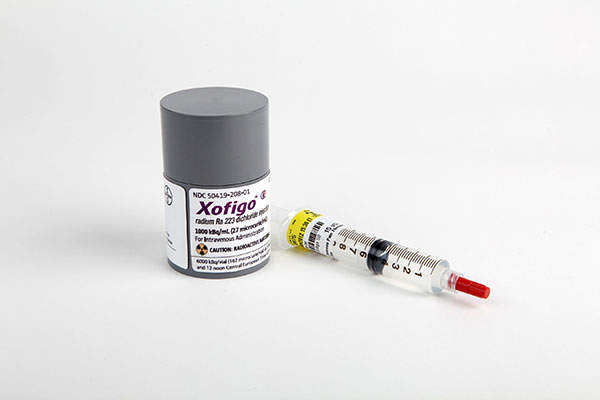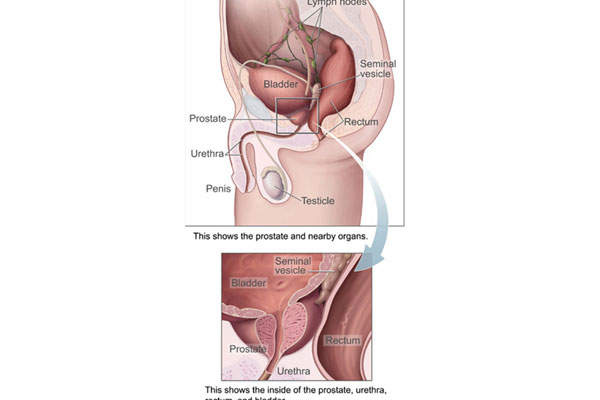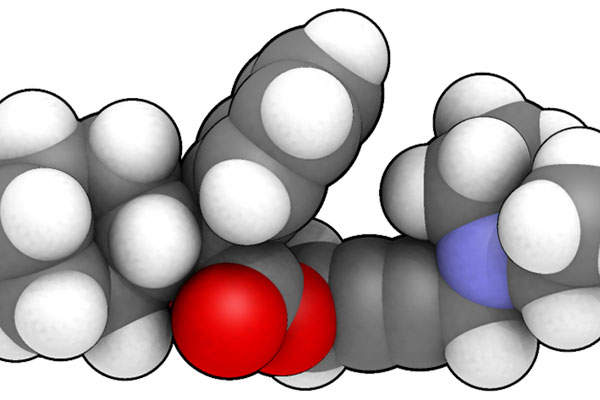/strandlead.jpg)
Ibrance (palbociclib) is an oral formulation developed by Pfizer for the treatment of metastatic breast cancer in women with disease progression post endocrine therapy.
The new drug application (NDA) for Ibrance was submitted to the US Food and Drug Administration (FDA) on 10 December 2015. The US FDA approved the drug as a treatment in hormone receptor-positive (HR+) and human epidermal growth factor receptor 2-negative (HER2-) metastatic breast cancer in combination with Fluvestrant on 19 February 2016.
The drug was earlier approved by the FDA in February 2015 as a treatment for HR+ and HER2- metastatic breast cancer in combination with Letrozole as an initial endocrine based therapy.
The Committee for Medicinal Products for Human Use (CHMP) of the European Medicines Agency (EMA) has announced a positive opinion for granting marketing authorisation for Ibrance in the European Union (EU) on 16 September 2016.
Ibrance is the first cyclic dependant kinase inhibitor to be approved by the FDA and will be a first of its kind to be approved by the European Commission.
Metastatic breast cancer types and symptoms
Breast cancer is the carcinoma of the breast tissue, which is usually ductal or lobular. Ductal carcinoma affects the tubes in the breast that carry milk to the nipple, while lobular carcinoma affects the lobules in the breast that produce milk.
Metastatic breast cancer is an advanced stage or stage IV breast cancer, where the secondary tumours spread beyond the lymph nodes.
The initial stages of breast cancer usually do not show any symptoms, but as the disease aggravates it may be associated with breast lumps or lumps in the armpit, redness and dimpling of the breast, change in the size or shape of the breast, and fluid secretions from the nipple.
Symptoms in advanced stages could include bone pain, skin ulcers, swelling of the lymph node in the armpit, breast pain, and unusual weight loss.
Ibrance’s mechanism of action
Ibrance is a cyclic dependant kinases 4 and 6 (CDK 4/6) inhibitor, which targets the CDK4/6 pathway and inhibits the proliferation of the tumour cells and the growth of the tumour.
The drug not only inhibits the CDK4/6 activity but also arrests the cells in the G1 phase of tumour progression.
Clinical trials on Pfizer’s breast cancer drug
The US FDA approved Ibrance based on the results obtained from a phase III clinical trial named PALOMA-3, a multi-centre, randomised, placebo-controlled, double-blind trial conducted to evaluate the safety and efficacy of the drug in combination with Fluvestrant.
The trial enrolled 521 women who were randomised to receive 2:1 Ibrance either in combination with Fluvestrant or placebo with Fluvestrant.
The treatment arm that received Ibrance in combination with Fluvestrant showed prolonged progression free survival (PFS) with a median of 9.5 months (95% CI: 9.2, 11.0), when compared to the treatment arm that received placebo with Fluvestrant at 4.6 months (95% CI: 3.5, 5.6).
The overall response rate with measurable disease in subjects with Ibrance plus Fluvestrant was 24.6% when compared to 10.9% in the subjects treated with placebo plus Fluvestrant.
Adverse reactions observed during the trial included neutropenia, pulmonary embolism, embryo foetal toxicity, fatigue, nausea, anaemia, leukopenia, rash, decreased appetite, and pyrexia.






